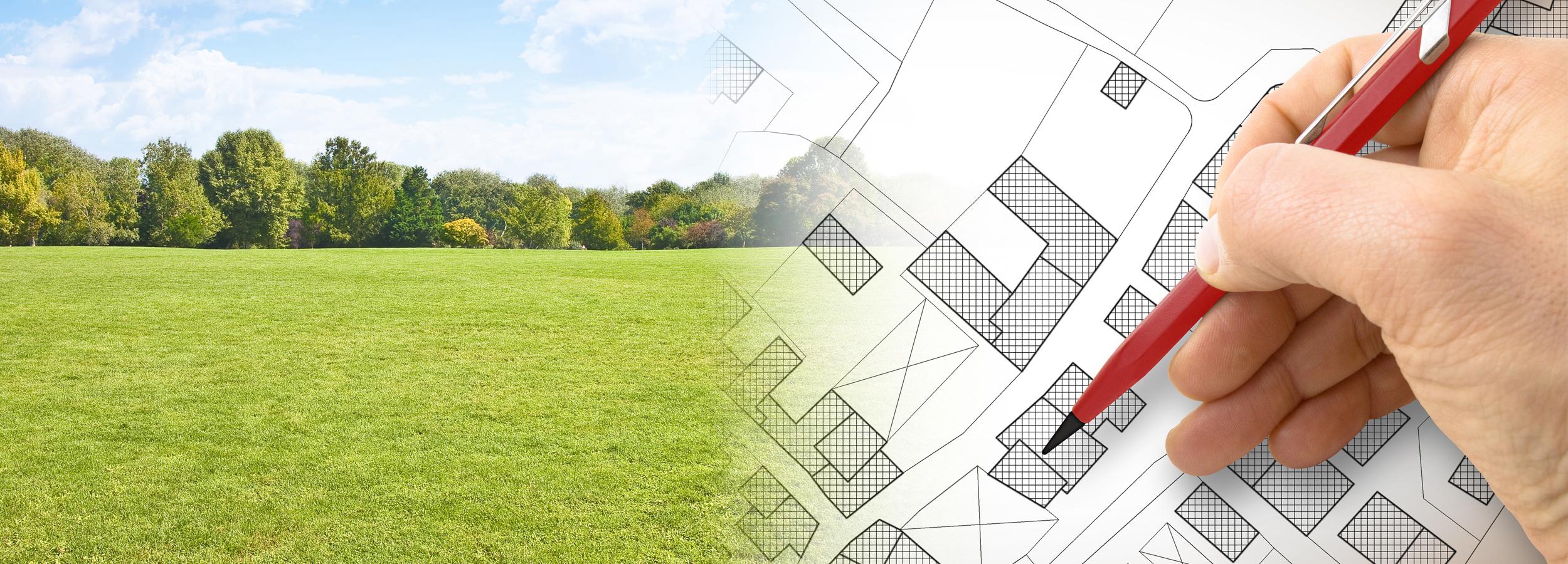The community development team is a section of community planning services. With help from units of local government and non-profit organizations, this workgroup develops viable communities by providing decent housing, suitable living environments and economic opportunities for low- and moderate- income persons. This initiative is funded by the U.S. Department of Housing and Urban Development's Community Development Block Grant (CDBG) and Home Investment Partnership (HOME) programs.
Frequently asked questions (FAQs)
Q: Why aren’t Clinton Township, Roseville, St. Clair Shores, Sterling Heights or Warren included in the County’s CDBG program?
A: The U.S. Department of Housing and Urban Development (HUD) is able to distribute money directly to communities with a population greater than 50,000. These communities directly receive funding from (HUD) upon a Congressionally mandated formula. The other Macomb County communities do not, but Congress provided for their participation directly through the County.
Q: My organization would like to receive CDBG funds. How do I go about obtaining them?
A: The Macomb Urban County hosts a planning workshop at the beginning of the funding cycle, usually in late October. The County invites all participating communities and those community development partners that it has worked with in the past. If your organization would like to be included, simply call Community Development at (586) 469-6451.
Q: How much CDBG funding does the Macomb Urban County receive every year?
A: Its annual grant is based on a formula established by Congress. This amount may change based on the total Congressional appropriation for a given year. The CDBG budget has remained relatively flat for several years.
Q: What can CDBG funds be used for?
A: Eligible activities are identified in the regulations. Each activity must also be consistent with objectives contained in the County’s Consolidated Plan, and meet one of three National Objectives for the program. Please see the listing of eligible activities, national objectives, and Consolidated Plan priority objectives for details.
Q: Under the HOME Program - How much can you loan me?
A: Loans are available to eligible homeowners for up to $48,000 for non-emergency repairs to their home. Non-emergency repairs must bring the structure up to Federal Housing Quality Standards and local housing codes. They must also eliminate any lead-based paint hazards.
Q: How does the program staff assist in the HOME Program process?
A: Staff assists in application preparation. They inspect the property and give cost estimates for the repairs envisioned. Projects are bid to program-approved contractors. Staff prepares the construction contract and inspects the project to ensure contract compliance.
Q: Who qualifies for the HOME program?
A: In order to qualify, the applicant must own and occupy a single-family home not located in a flood plain. They must reside in one of the 21 Macomb Urban County communities. They must carry homeowner’s insurance, and not be delinquent on the payment of their property taxes. They must also have a household income at or below Federal income limits.
Q: What kind of repairs can be financed through the Home Rehabilitation Program program?
A: Virtually any home rehabilitation including, but not limited to: heating and energy items, plumbing and sanitary fixtures, electrical work, replacement windows, entrance & storm doors, replacement roofs, tap-in fees and water service, septic systems, wells, and vinyl siding. The program does not do general painting or general property improvements.
Q: Is any type of housing excluded from the Home Rehabilitation Program Program?
A: Work cannot be performed on manufactured homes or rental housing.
Q: How do I apply for the Home Rehabilitation Program program or get more information?
A: Contact Planning and Economic Development at (586) 466-6256 for more information and an application.







